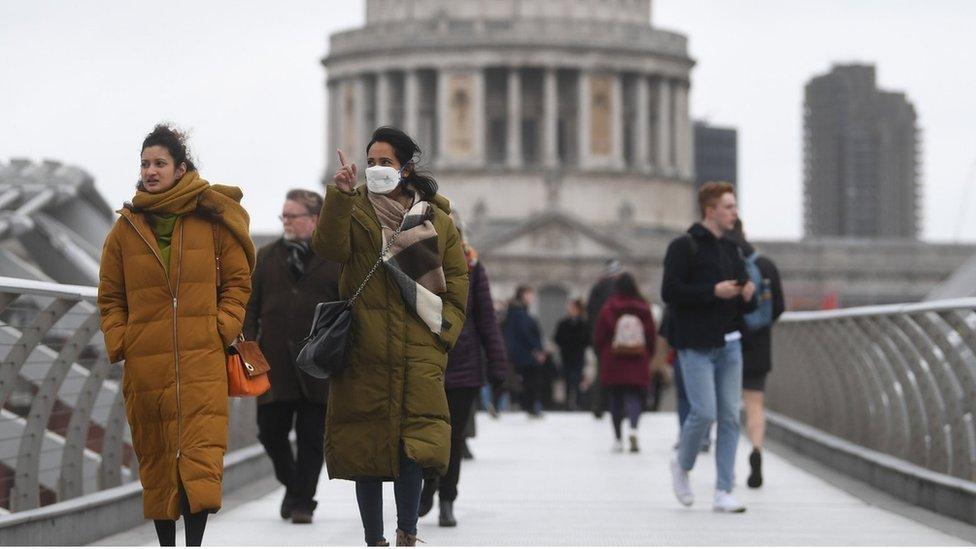Covid case rate doubles in parts of eastern England
- Published
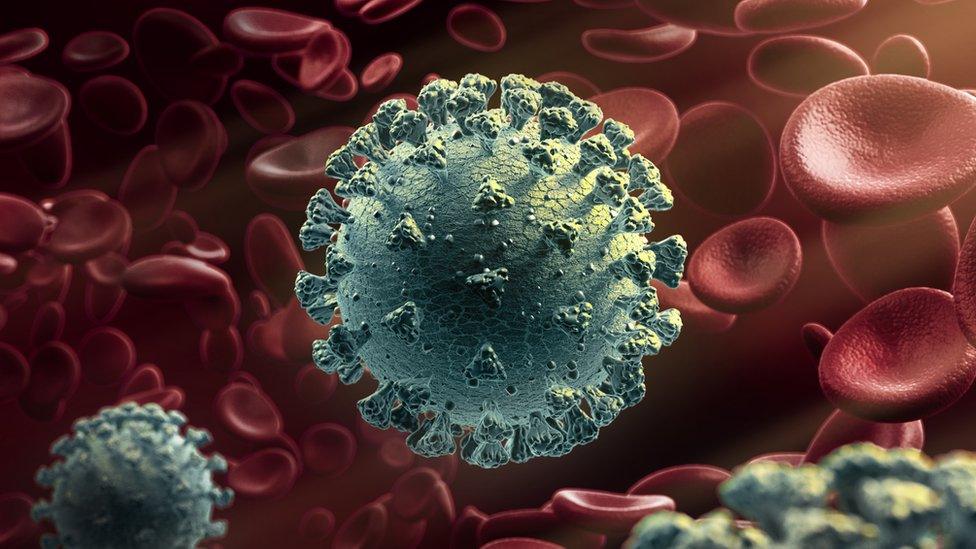
Covid cases on the rise in the East of England following easing of preventative measures such as wearing masks
The number of Covid-19 cases has risen again in the east of England with parts of Cambridgeshire having some of the highest rates in the country.
Data for the region saw a 74% increase in the rate of infections from 388 per 100,000 people in the week to 3 March, to 677 in the week to 10 March.
The East Cambridgeshire district saw rates jumping from 491 cases to 937 per 100,000.
Covid restrictions such as mask-wearing in public spaces was lifted last month.
The removal of restrictions was announced in the government's Living with Covid plan.
The districts of South Cambridgeshire and Cambridge were also hotspots with 69% and 68% increases respectively.
Addenbrooke's Hospital in Cambridge currently has 61 Covid patients, nine of them in intensive care.
But according to Nicola Ayton, chief operating officer for Cambridge University Hospitals NHS Trust, which runs Addenbrooke's, at least half had no underlying conditions.
The hospital, which has some 200 staff off due to Covid, said it was making inroads into its backlog of elective surgery.
"That's why we are asking patients and visitors to continue to follow the guidance particularly around wearing masks and hygiene and social distancing," said Ms Ayton.
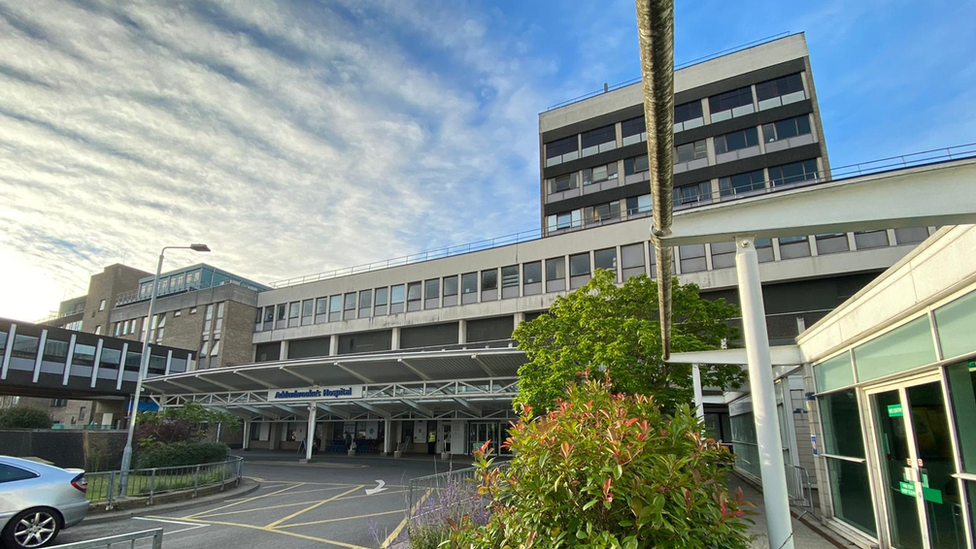
Addenbrooke's Hospital in Cambridge has 1,000 beds and currently has 61 patients with Covid-19
Other districts with marked rises included Maldon in Essex, King's Lynn and Broadland in Norfolk, all of whom had case rates above 800 per 100,000.
East Hertfordshire has seen its rates increase by 74% from 481 to 838 per 100,000 people.
The district with the highest rate in England was Somerset West & Taunton, where the rate was 1,006 compared to 569 the previous week.
The director of public health for Southend, Krishna Ramkhelawon, thinks the increase could be the tip of the iceberg.
"We have seen in the last seven days our rates increase by 88%," he said.
"So that is based on people they can measure. We probably have a lot of people who are asymptomatic and they don't know [if they have Covid]."
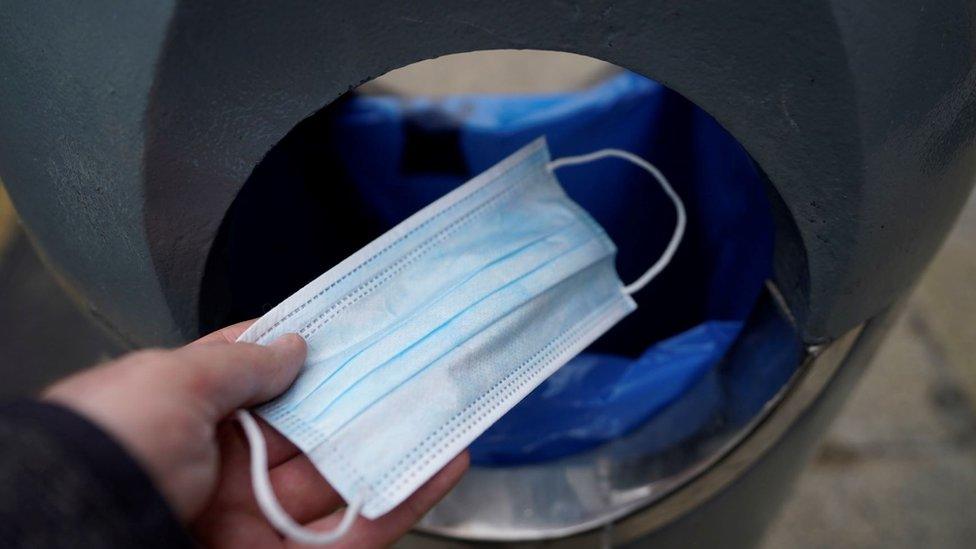
The compulsory wearing of face masks in public spaces was removed last month in England
Paul Hunter, professor of health protection at the University of East Anglia in Norwich, said it was worth continuing to take precautions against the virus.
"If you catch Covid when you're wearing a mask there's pretty good evidence that actually you don't get as sick, because you're not exposed to as much virus as if you hadn't been wearing a face mask," he said.
"So certainly if you're a vulnerable person, continue to wear a face covering, preferably a proper medical mask."
Nick Hulme is the chief executive of the East Suffolk and North Essex NHS Foundation Trust, which runs Ipswich and Colchester hospitals.
He has been involved in Covid planning throughout the pandemic and said they presently have about 100 patients with Covid across both hospitals.
However, not all patients were experiencing symptoms, with Covid only being being diagnosed in some during routine testing on arrival with other medical issues.
The trust had only two patients in intensive care with the coronavirus.
Rises in cases in communities often led to increased numbers presenting at hospitals a couple of weeks later, said Mr Hulme.
"Hopefully they won't come in very sick, but it does disrupt the hospital," he said.
"Clearly if somebody is found to be positive whilst they're in we have to isolate them... putting restrictions on other work at the hospital."
The latest R number estimate, which is the number of people one person with the virus will infect, for the East of England currently stands at 1.1.
The rate for England is 0.8 to 1.0.

Find BBC News: East of England on Facebook, external, Instagram, external and Twitter, external. If you have a story suggestion email eastofenglandnews@bbc.co.uk, external
- Published1 July 2022

- Published1 July 2022

- Published3 May 2022
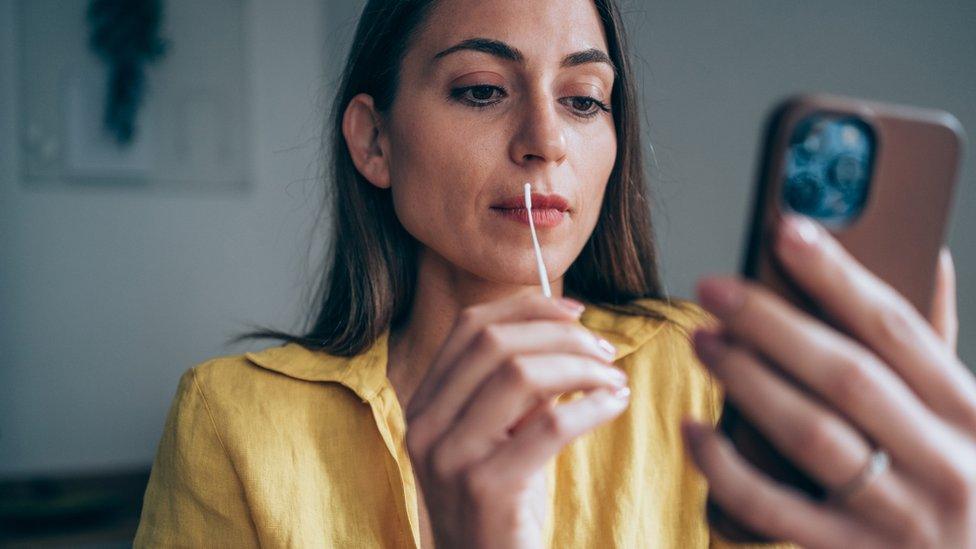
- Published2 March 2022
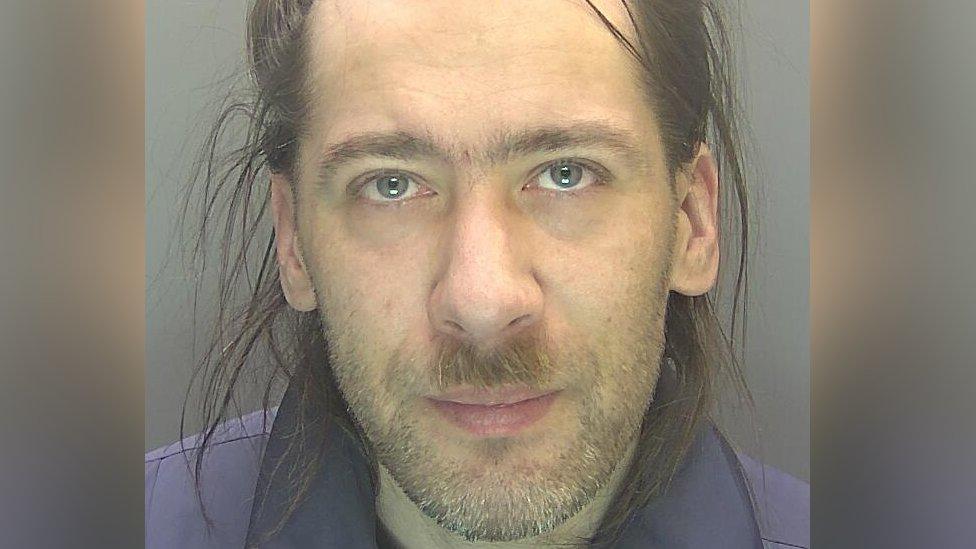
- Published22 February 2022
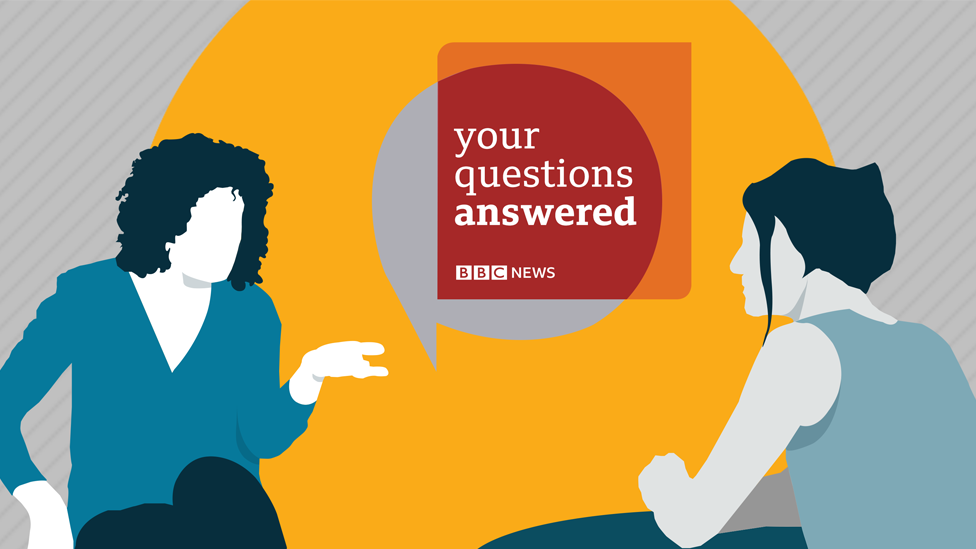
- Published21 February 2022
